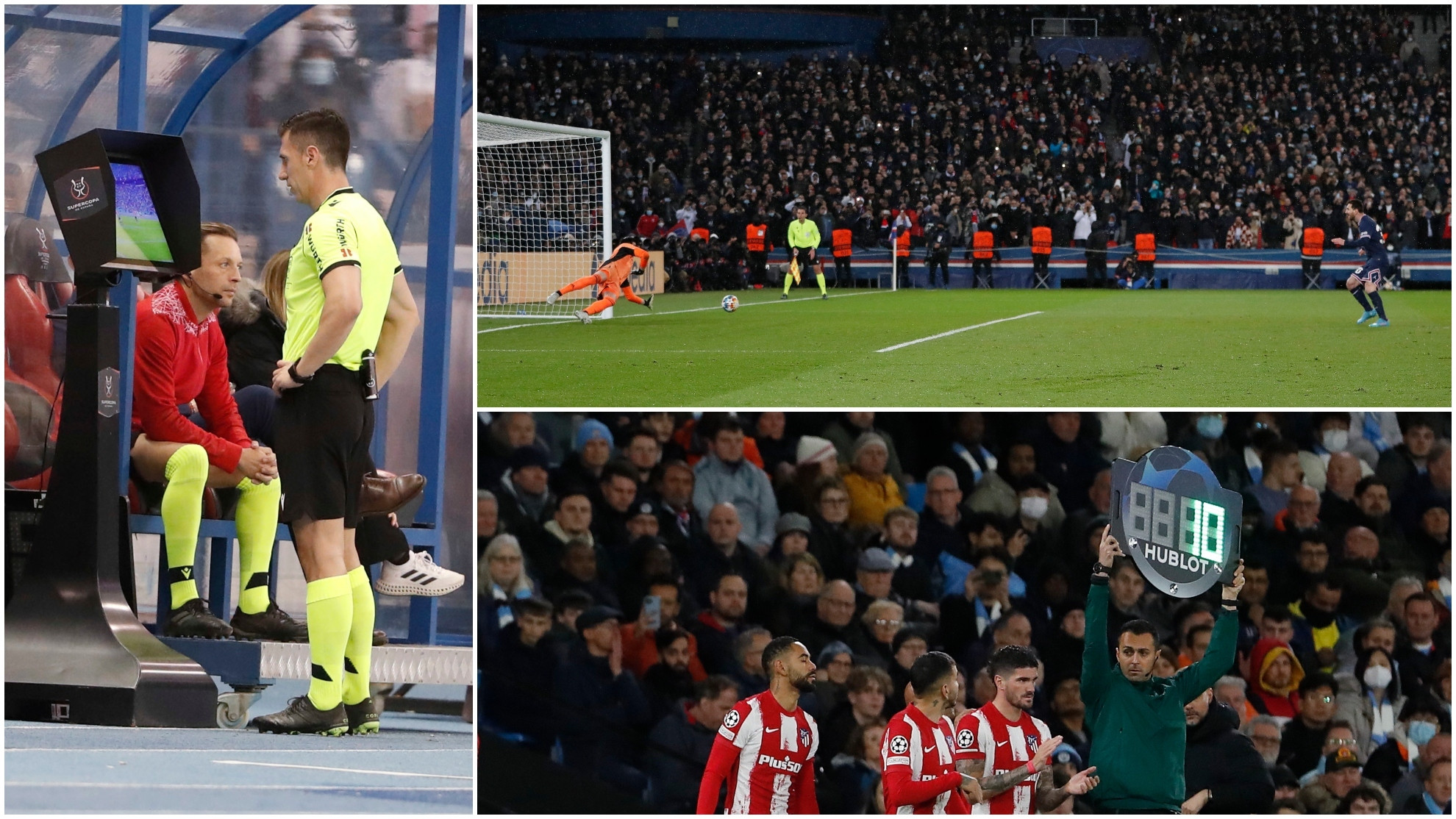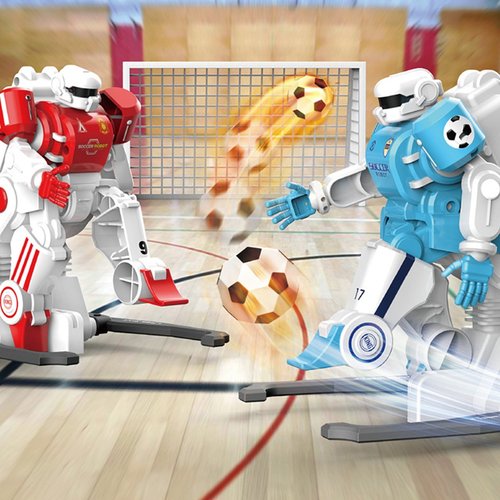
If you've ever watched a football game, you've likely wondered about the various roles played by the officials. In this article, you'll learn about Head linesman, Line judge, Center judge, and Assistant referee. These roles are critical for both the safety of the players and the success of the game. You might be interested in a career as a professional in this field. Read on to find out more.
Head linesman
The head linesman is responsible for overseeing the game on the field. He is responsible of marking out-ofbounds plays, counting the offensive players and determining if forward passes or lateral passes are legal. The football officials' team also includes several other officials. Other than the chief linesman, important roles are played by other football officials. Here are some examples.

Line judge
The important role of a line judge in football is not only to blow the whistle but also to ensure that the ball is properly placed on the field. He is responsible for the completion of the play and its return. He must be aware of all rules regarding football field position as well as those of each teammate. He must maintain a clear line to the side of the field. Here are some rules that govern the role of the line judges in football games.
Judge in the Center
A growing number of games can present a challenge to football officials. Officials find it increasingly difficult to keep up with all the games. The NFL is considering a new position for football officials to remedy the situation. This position would be located in the offensive backfield, on the side of the quarterback throwing the ball. The NFL is likely giving the new position another name. But what exactly does the Center Judge do?
Assistant referee
An assistant referee, an official in soccer matches, is someone who signals violations such as corner kicks. They may also flag off violations of the offside rules, but it is up to the head referee. Soccer matches last 90 minutes and are played over two halves of 45 minutes each. Extra minutes may be added occasionally to make up the time lost in the first part.
Referee
Football referees have many responsibilities. They are responsible in interpreting the Laws of the Game for all games. If a team fails to follow the Laws, the match will be retaken. Referees play a vital role in helping a team win by ensuring that the rules are adhered to during the game. These are the key roles of a football referee. Let's take a closer look at each of them.

Hall of Fame inductees
The Hall of Fame honors football officials who have made a significant contribution to the game. Other than the NFL, Hall of Fame inductees are available for many other sports. Bill McNally, an inductee from another league, is one example. The former Eagles' head coach was one of only six coaches to lead his team to the Super Bowl twice. In 1981, his team lost to Oakland Raiders at the Super Bowl. However, he led St. Louis Rams towards a championship in 1999.
FAQ
What are the various types of soccer?
There are four main types of soccer: soccer (soccer), futsal soccer (futsal), beach soccer and indoor soccer.
The most common form of soccer is association football (football). It involves two teams of eleven players playing on a field with three sections. Each player wears a unique number on his shirt and plays only one half of the field at a time. Players may wear any type of footwear except cleats. The offside rules are not in place. However, defenders can't handle the ball unless they directly participate in the attack. The object of the game, as stated above, is for one team to score by passing the ball past their goalkeeper and into their opponent's goal. The team with more goals is the winner.
Futsal is indoor football. Teams consist of five players each and there are no offside rules. Goals are worth 1 point. Matches last 20 min per quarter with 5-minute breaks in the middle.
Beach soccer is an adaptation to traditional soccer. It allows players to substitute grass for sand. Beach soccer has become increasingly popular over the years because it provides a safe environment for children to learn the sport.
Indoor soccer is played inside a gymnasium or stadium. Each team consists of nine players. There are no offside rules. Goals must be set at least 10 meters apart and are worth 2 points. Matches last between 30 and 60 minutes each with 30-minute breaks.
Where can I get cheap soccer equipment
Sports gear stores often have affordable soccer gear. You will usually find soccer balls, shin guards, jerseys, and other items at discount department stores. Amazon.com, an online retailer, is also available.
What happens after a soccer goal has been scored?
After a goal is scored, the opposing team gets an opportunity to take a free kick. If the defending team is found guilty of a foul during play, they can take a free kick. You may score another goal if the free kick is taken.
What does a goalie in soccer do?
Goalies are responsible to keep the ball from entering the net of an opposing team. Goalies use their hands, feet, and head to stop the ball from entering the net.
Statistics
- They are not just good at dribbling because they are talented alone, but because they put in 100% effort during every practice. (coachtube.com)
- The word "soccer" is a British invention that British people stopped using only about 30 years ago, according to a new paper by University of Michigan professor Stefan Szymanski. (businessinsider.com)
- The Laws of the Game do not specify any player positions other than goalkeeper, [74] These positions are further subdivided according to the area of the field in which the player spends the most time. (en.wikipedia.org)
- Even with the new issuance, control of the club will be retained by the Glazer family as they will retain 67% of B shares which have voting power, so little will likely change in the general approach taken to the finances of the club. (sites.duke.edu)
- From the 1850s onward, industrial workers were increasingly likely to have Saturday afternoons off work, and so many turned to the new game of football to watch or to play. (britannica.com)
External Links
How To
How to improve your soccer passing
One of the most important skills for football (soccer) is passing. It involves moving and holding the ball. Success is dependent on your ability to communicate quickly and accurately.
You must be able to identify the different types of passes available and when they should occur. These passes should be practiced until they become second nature. There are four main categories of passes - short passes, long balls, through balls, and through passes. Short passes are usually made at close range and are usually made to move the ball forward. Long balls are sent towards the opposition's penalty area. Through balls can be passed directly into the pitch's middle, and through passes to another team member are used to pass the ball to your goalkeeper.
You should keep your pass simple and make sure you have enough space for your teammate to receive it. Your teammate may lose his balance, or even fall, if he doesn't have enough space to receive the ball. When playing defense, you should always cover your teammates if possible. Your opponents will not be able to use your teammates to attack.
Remember that the ball should not be thrown away during a game. Throwing the ball away makes it harder to score because the opposing players could take advantage of your mistake. Always look for scoring opportunities and open spaces. Any gaps in your defense should be exploited.
You can improve your playing ability by practicing every day. For the next match, practice some drills. Before a match begins, make sure you are properly warm up. You should then give it all you have during the game. Be calm and keep your head down. These will make you more efficient during a game.